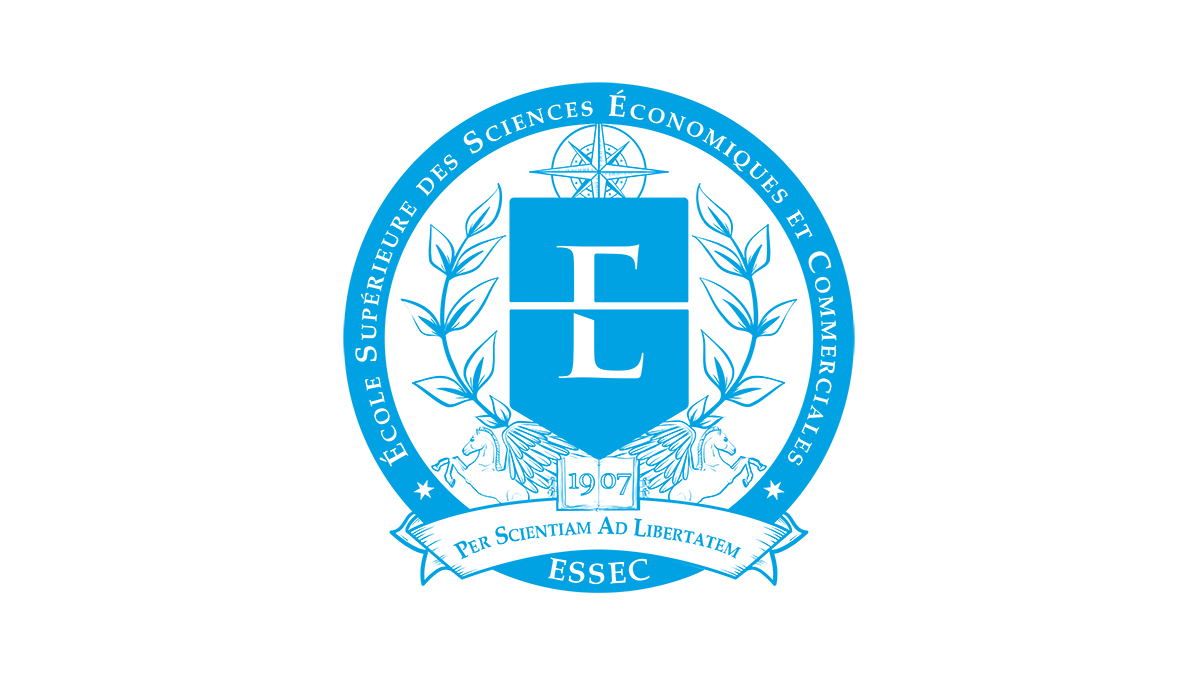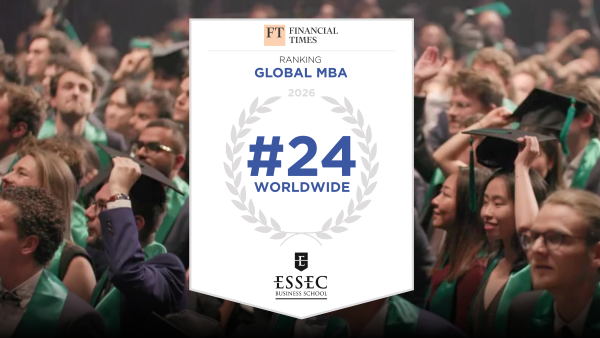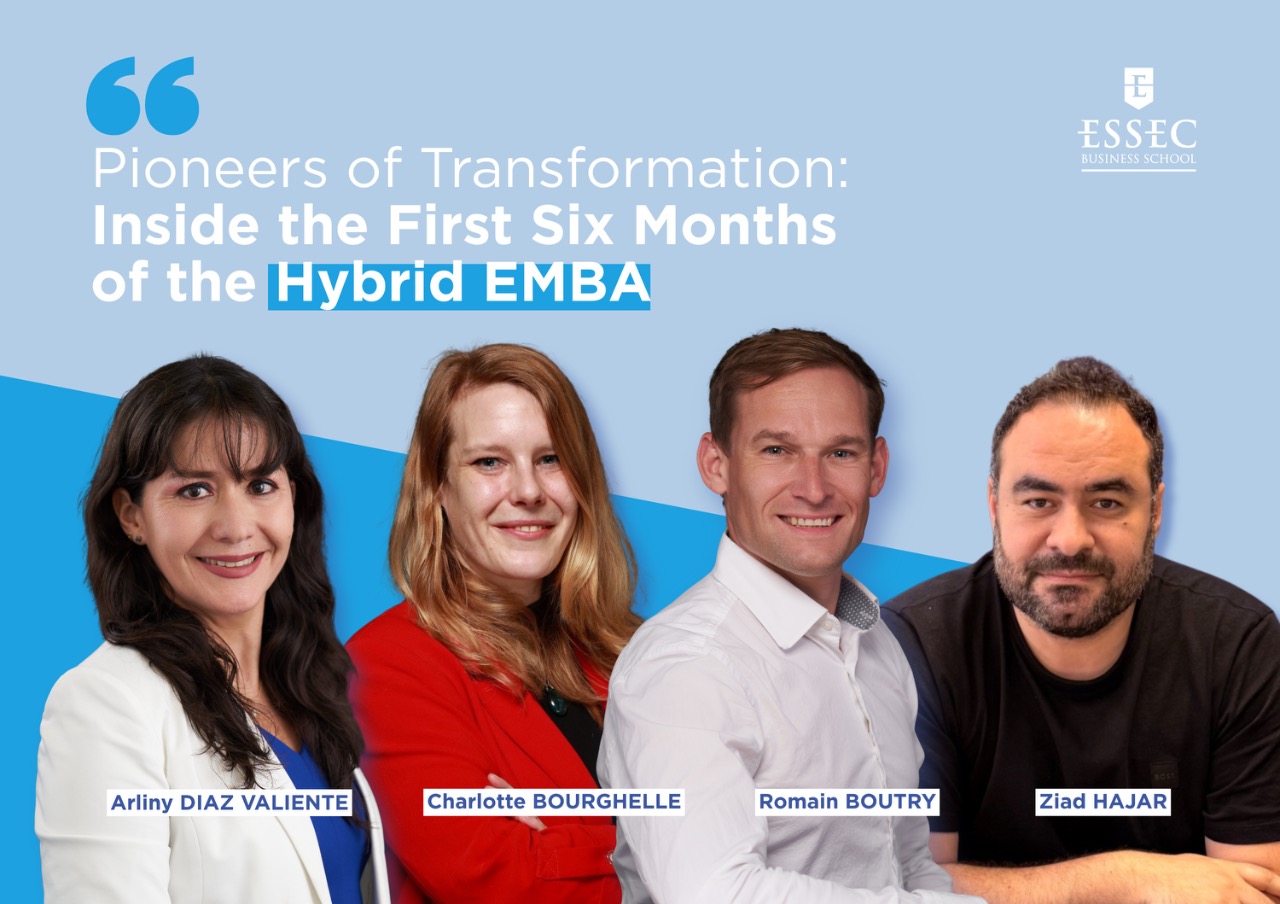Are Luxury Brands Disrupted by the Digital Revolution?
13.5.2016

by Denis Morisset
The Digital Revolution has changed the business landscape significantly, transforming the ways in which brands reach out to consumers and how consumers interact with brands. Being present on digital channels has thus become necessary for brands to continue engaging with their customers effectively. An often-asked question then comes into consideration: Does this apply to the Luxury industry, where exclusivity is seen as a key element of value to brands? Has the Digital Revolution disrupted luxury brands, and how can they balance this element of exclusivity with the open nature of digital channels?
The Digital Revolution
Firstly, what exactly is the Digital Revolution? In today’s digital era, new digital language and digital disruptions are emerging, giving rise to or facilitating the emergence of new elements such as the sharing economy (including the pre-owned economy), social media branding and social commerce, user-generated and curated digital content, RFID and QR codes, retail technology, as well as the Internet of Things, which includes wearable devices and connected goods. With this revolution, consumers are increasingly defining luxury. This empowerment of luxury consumers through digital channels has thus made it imperative for luxury brands to understand how to navigate the specificities of digital, to build a strong presence on digital channels where their customers are present, and to be able to engage in meaningful conversations with them.
Luxury Consumption
If consumption of Luxury goods and services continues to be driven by the following four elements: Recognition and Distinction on the social side and Pleasure and Reward on the personal side, the “new” luxury consumers of today are also increasingly time-poor, multiple and heterogeneous, individualistic and most importantly empowered and connected.
The empowerment of connected and knowledgeable luxury consumers is likely to have multiple consequences on the way these consumers will want to engage with their favorite luxury brands in the future, particularly in terms of retail. The proliferation of aspirational online multi-brand concepts, such as Net-A-Porter, Farfetch and all other marketplaces not only give luxury consumers more convenience, but they also give back a certain credit to multi-brand shopping, participating possibly in a certain fatigue of mono-brand stores. We are likely to see more luxury consumers wishing to shop on their own terms, navigating as they wish between offline and online channels, probably less interested in the future in transacting in offline stores.
Differentiating big and small luxury brands?
The digital revolution can be a huge opportunity for luxury brands that wish or need to increase their popularity, which is different from increasing their accessibility. This is why small luxury brands or new luxury brands targeting a younger generation of luxury consumers may be tempted to leverage more on the digital revolution than traditional and well-established luxury brands, which already benefit from strong awareness supported by big marketing budgets and strong off-line retail store channels.
Digital and Luxury
For luxury brands, the process of embracing digital has been initially slow due to the perceived threats brought by digital channels such as the loss of control over brand communication, as well as tier differentiation. As luxury brands of today build their presence on digital, there are some key aspects which may not have been adequately addressed, such as how the proliferation of the internet has changed the habits of consumers, and that engaging consumers on social media is not just about delivering brand digital content, but also about having a conversation with them. In order for luxury brands to embrace digital, it is important for luxury brands to put themselves in the position of an e-commerce native, where shopping online could be more relevant than shopping in a store.
Going a step further, the concept of the omni-retail channel is also an important way through which brands, not only those in the luxury industry, can integrate both their physical and online presence. Through the omni-retail channel, brands can use digital and social media to drive sales and traffic to their retail stores. Through such a system, consumers are empowered with more flexibility and convenience, and brands are able to better consolidate their online and offline initiatives.
Beyond e-commerce, digital influences every step of the luxury consumer decision journey, bringing an increasing number of touchpoints such as social media, bloggers and digital advertising in the Discovery phase, brand websites and user-generated content in the Evaluation phase, online stores and mobile applications in the Transaction phase, as well as the use of Customer Relationship Management (CRM) tools in the loyalty phase.
To continue to engage consumers, digital content for luxury brands needs to be both inspiring and relevant to customers, possibly curated for more authenticity, be increasingly experiential and needs to convey emotional values to connect with consumers on a higher level. For example, the Shangri-La campaign with award-winning Tibetan singer Yangjin Lamu to launch its hotel in Lhasa through Chinese social media channels Weibo and WeChat was overwhelmingly successful, enabling the brand to reach out to and engage with the network of users on these channels through a virtual pilgrimage to Tibet in search of their Shambala.
The Digital Revolution has indeed changed even the luxury industry considerably, and brands which are able to capitalize on this potential through a tailored approach focusing on the consumer experience will have much to gain from these channels.
Mr. Denis Morisset will be leading upcoming Luxury Brand Management Workshops on Luxury Retail Management in the Digital Age (18 & 19 October 2016) and The Art of Collaborations in the Luxury and Premium Industry (20 & 21 October 2016) in Singapore. Find out more.
About the Author
Mr. Denis MORISSET initially worked 25 years in the luxury fashion industry, holding CEO/COO positions with American, French and Italian fashion luxury brands - Ralph Lauren, Pierre Balmain, and Giorgio Armani. Since 2004, he has been teaching luxury brand management, luxury distribution & retailing strategies, luxury service and luxury guest experience in various programs of ESSEC Business School in France and Singapore. He served as the Executive Director of ESSEC MBA in International Luxury Brand Management from 2004 to 2012. Denis is currently sharing his time between China, SE Asia, and France.


